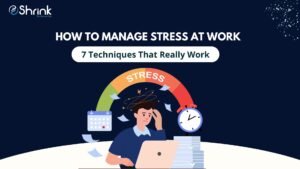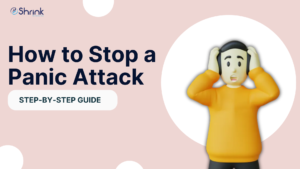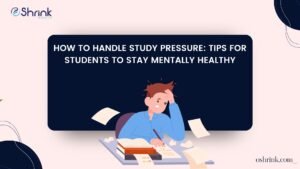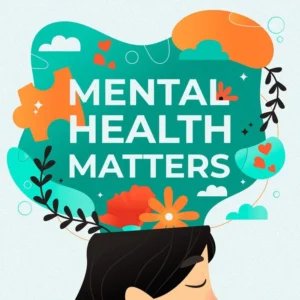Introduction: Sleeping Tips to Elevate Your Sleep
It may be observed by everyone that if we get a nice sleep than how much better we feel, we feel like we can conquer the whole world. A good sleep is more than just a feeling of getting rested. Good sleep acts like a magician working backstage, as it influences our mood in numerous ways that we can’t even realize. And this is where sleeping tips for stress-free night’s enters the scene that helps to Elevate your sleep.
Imagine having a night where you can sleep like a champ that has sets its stage for a joyful day. And on the other side an uncomfortable night where you are just turning and tossing, as a result you turned your day into a bumpy ride.
So, here comes the sleeping tips to elevate your sleep: Here we have discussed about the cool connection between the mood and sleep. Just think about it like you are going on a mission, in this you need to figure out different ways to get a good sleep so, you can experience how you feel when you are awake. So, are you ready to tag along with us? As we are going to teel you the secrets of attaining a good night sleep and we will share some tips that will help you n uplifting your mood.
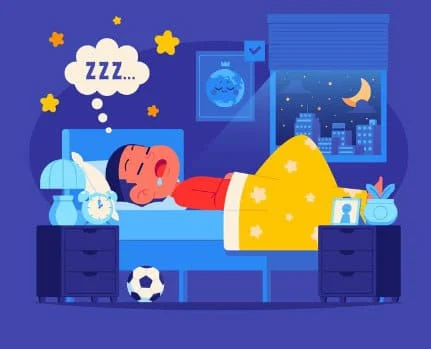
Sleeping Tips: Unveiling the Sleep- Mood Connection
Have you ever noticed that you get a complete mood makeover after getting a good night’s sleep? Let’s discuss how good sleep effect our emotions and we will uncover some essential tips for good night’s sleep that will brighter your mood. We need to know that when we sleep our brains and bodies team up with each other, they are busy doing important tasks while we are asleep.
Now, here enters the science: When we are asleep our brains handles multiple tasks like handling the emotions, and sorting memories, etc. It’s like brain is having a nighttime spa where it’s refreshing us and making us ready for a new day.
But here comes the kicker: When the sleep we had is not sufficient, it acts like we have disrupt this behind the magic scene. The result? waking up feeling not so great, with irritability, anxiety, and stress showing up uninvited.
It’s more than just feeling grumpy. Skipping on sleep messes with how we handle things. Picture trying to do your regular stuff but feeling like you’re juggling with one hand tied. Things are bound to get a bit messy.
So, here comes the sleeping tips to Elevate your sleep: here comes the sleeping tips for stress-free night’s, the next time you’re in a mood funk, ask yourself: Did I give my brain the good sleep it needed? Because it turns out that a good night’s sleep is not just good but in real it’s important for keeping the mood light.
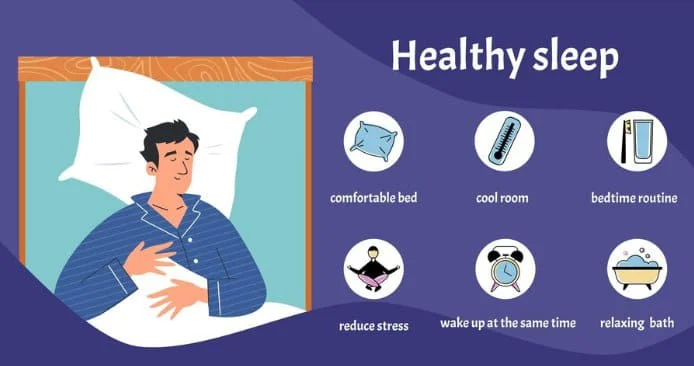
Sleeping Tips: Understanding Sleep Cycles
Ever imagined what the brain is up to while you are in sleep? Let’s delve into the interesting world of sleep cycles. It’s something like the brain shows different acts in a nightly show, where something special is happening in each show.
At first there is a light sleep: In this phase the body starts to chill, and the mind is taking a breather. And the next stage is deep sleep, this is the one that makes you feel fresh. It’s something like that your body is in repair mode.
But wait a second as we are not done yet. In sleep cycle there is a stage that is named as REM, it’s the stage in which the brain enters full party mode. Dreams enter the phase, and the brain gets busy while you are wide awake. It can be considered like a brain workout, here brain sorts all the stuff that happened with us in whole day.
Why all this matter? Well, its analyzed that its important to complete all these cycles so that your mood is kept intact and this helps to Elevate your sleep. Its something like you have kept your phone in charging mode-if you will unplug the charger too soon full-power-up will be missed. Your brain is the same finishing these sleep cycles means you get all the awesome benefits and will be able to elevate your sleep.
Imagine if you’re constantly waking up in the middle of these cool brain adventures. it’s like reading only part of a cool story or watching only half of your favorite movie-you’re not getting the whole experience. Your mood and feeling awesome depend on finishing these sleep cycles, so the next time someone nags you about getting a full night’s sleep, they’re just handling you the key to a mood-boosting sleep party.
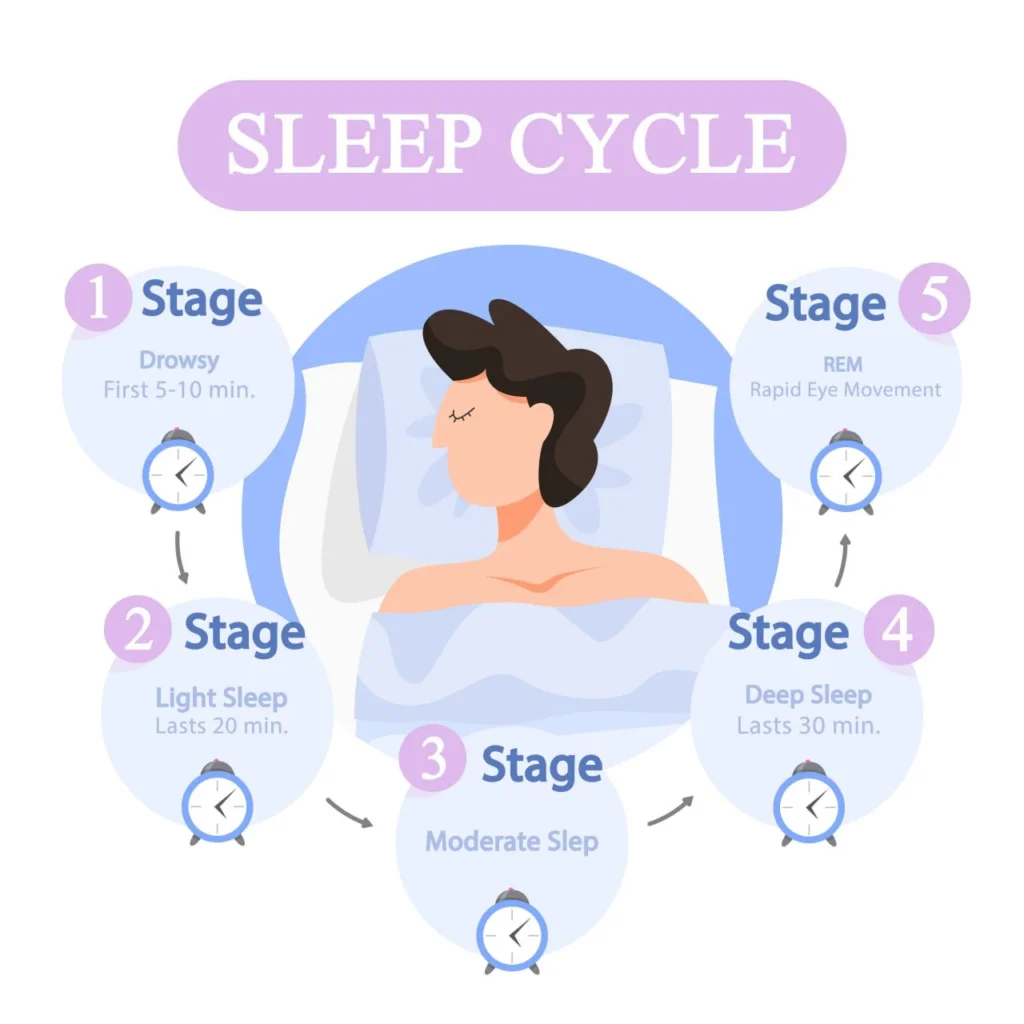
Sleeping Tips to Elevate Your Sleep
a. Establishing a Sleep Routine:
- The Move: Try to stick to a same wake up and bedtime every day.
- Why it Helps: Human body is designed in a way that it loves routine, it will make you fall asleep and will make you feel wake up like if this is your second nature.
b. Creating a Cozy Sleep Space:
- The Trick: Try to make your bed comfortable, add good mattress and blankets. And keep your room cool and dark.
- Why it Works: When we relax on a comfortable bed and a chill room then it sends signals to the brain that it’s the time to snooze and relax and this process helps to elevate your sleep more effectively.
c. Chill out with Relaxation Moves:
- The Move: Try including stuff that calms you like little yoga and deep breathing.
- Why it’s a Game-Changer: When the body is calmed it kick out stress into curb which makes it easier to get slipped into dreamland and helps to Elevate your sleep.
d. Ditch the Stimulants and Screens:
- The Trick: Do not use stuff that hype you up, like caffeine or mobile screens for at least one hour before sleep.
- Why it’s smart: Screen and stimulants mess with our hormones that induces sleep, in return it becomes tough to sleep.
e. Move Your Body, but not too Late:
- The Move: One should exercise daily but not right before the sleep time.
- Why it’s Good News: Exercise is considered as the superhero for sleep but avoid it before bedtime as it might leave you pumped up.
f. Sleep habits for your life that helps to Elevate your sleep:
- The Move: Adjust your sleep routine to fit your life, whatever you’re a night owl or an early bird.
- Why it Makes Sense: Making your sleep plan work with your life makes it easier to stick to.
g. Watch what you eat and when:
- The Trick: Keep in mind what you are taking and try avoiding heavy meals before bedtime.
- Why it’s Wise: heavy food might affect the sleep, whereas balanced diet act as a friendly menu for sleep.
h. Nap Smart:
- The Move: Avoid late afternoon sleeps, instead you can take 20 to 30 min quick nap.
- Why it’s a win: Napping is considered as a quick recharge but doing it on right time helps to keep your sleep intact.
Taking in account these actions can help you in making a real difference. You will notice good changes in your mood level, energy level and overall you will feel good.
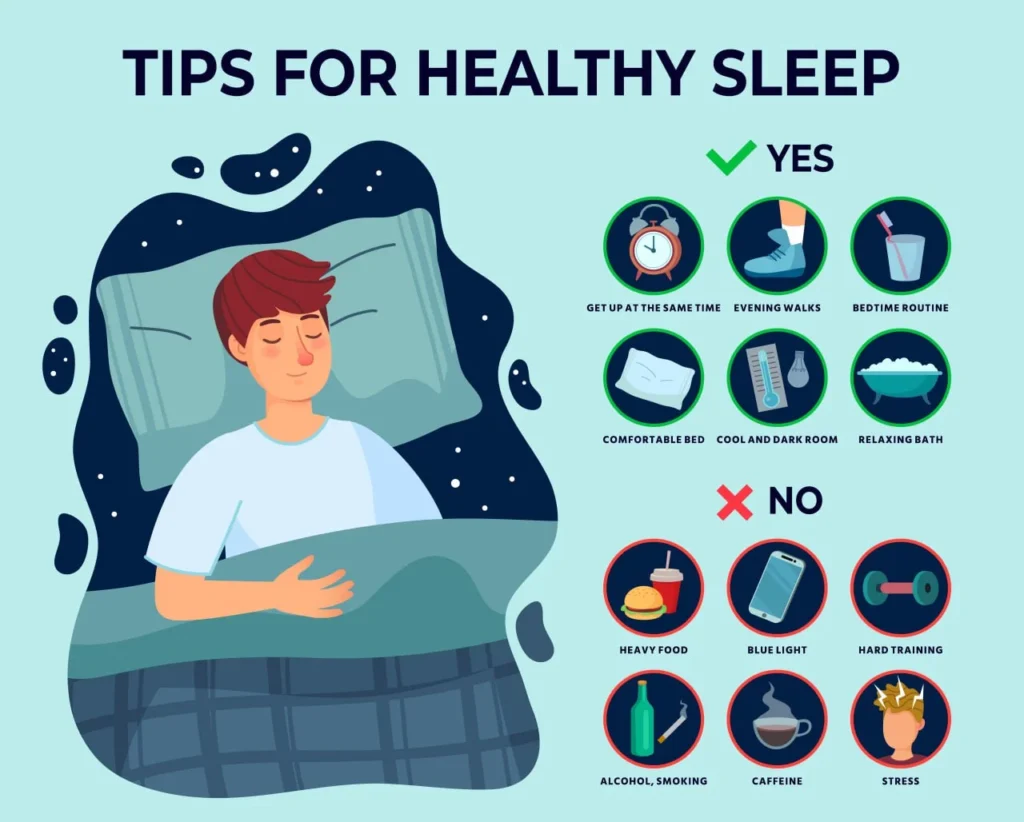
Conclusion
Are you ready for taking these sleeping tips into consideration? Make a bedtime routine that is relaxing, try changing your bedroom into a sleep heaven that is cozy, and include activities that will help you in calming. Avoid taking caffeine and ditch those screens before bedtime. Avoid doing exercise just before the bedtime. Make a fixed schedule for sleep that will fit you, monitor your eating habits and be smart with your naps.
By following these tips of good night’s sleep, you can experience the power of a good sleep and you will be able to keep your mood bright and light.


